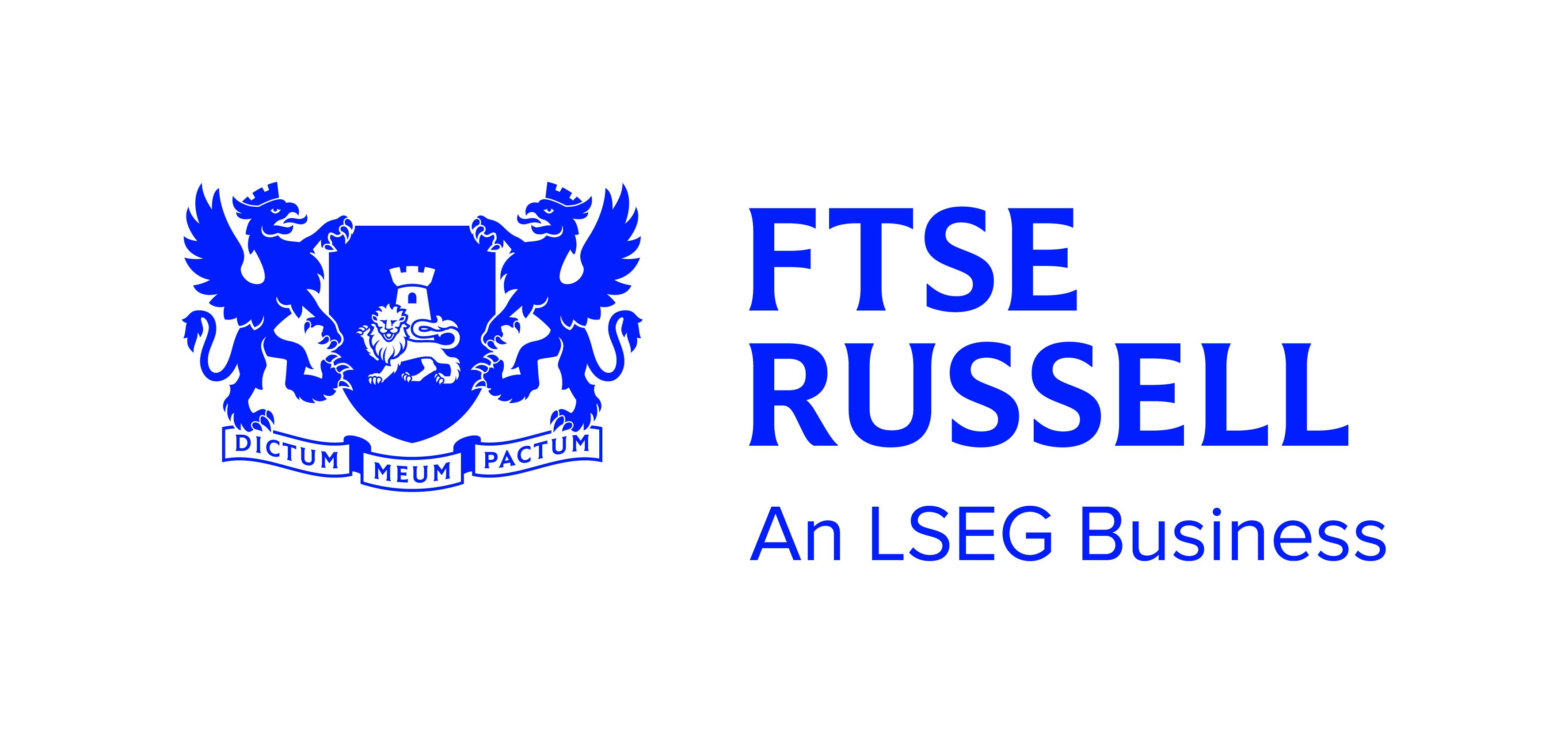Franklin Templeton has undercut the existing competition with the launch of an ETF providing exposure to the Saudi Arabia equity market.
The Franklin FTSE Saudi Arabia UCITS ETF (FLXS) debuts with a total expense ratio (TER) of 0.39%, making it the lowest-fee Saudi Arabia ETF available to European investors, with the iShares MSCI Saudi Arabia Capped UCITS ETF (IUSS) and the Invesco MSCI Saudi Arabia UCITS ETF (MSAU) costing 0.60% and 0.50% respectively.
FLXS is listed on Deutsche Boerse and Boerse Frankfurt and will be tradable under the ticker SAUDI on the London Stock Exchange from 30 October and Borsa Italiana from 6 November.
While the iShares and Invesco products both track the MSCI Saudi Arabia 20/35 Capped index, the new ETF from Franklin Templeton seeks to replicate the performance of the FTSE Saudi Arabia 30/18 Capped index.
Both indices work similarly, however, holding large and mid-cap Saudi Arabia equities weighted by market capitalization.
However, because Saudi Arabia is a highly concentrated market, a cap is in place on the index’s largest holding – 35% in the case of MSCI, 30% in the case of FTSE – and a lower cap is placed on all other constituents – 20% in the case of MSCI, 18% in the case of FTSE.
In practice, this means the FTSE index underlying Franklin Templeton’s ETF has a slightly more diversified profile – holding 64 stocks versus 43 for MSCI.
Adam Spector (pictured), EVP global advisory services at Franklin Templeton, commented: "Franklin Templeton has been a long-term investor both in the region and in Saudi Arabia’s public markets across equities and fixed income for many years.
"Through its Vision 2030 plan, the country continues to take steps to improve the business environment and diversify its economy away from oil and attract foreign investments. As one of the fastest growing economies globally, this is a strategic market for us, and we are excited to offer international investors the opportunity to participate in Saudi Arabia’s growth story.”
The new product coincides with the launch of a Franklin Templeton Saudi Arabia bond mutual fund and follows a brace of emerging market ETFs introduced by the firm.







